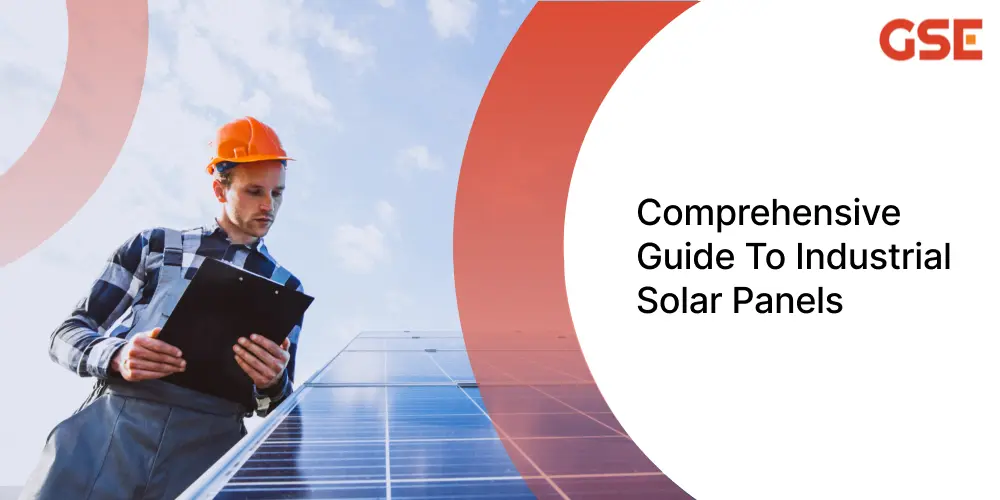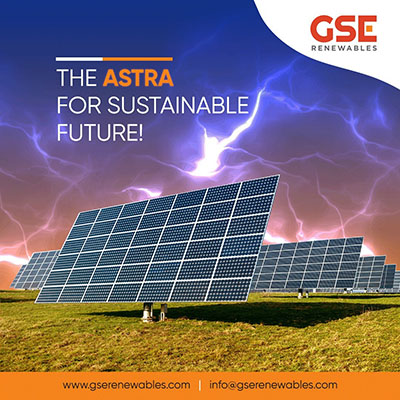500 kW Solar Power Plant Cost in Gujarat: Complete Price & Savings Guide
Nov 26

In today’s world, many industries are switching to solar power because it’s sustainable and saves money. Industrial solar panels help businesses use the sun’s energy instead of relying on traditional power sources.
These solar panels for commercial use are designed to meet the high energy needs of large industrial operations. They are durable and efficient, making them perfect for factories, warehouses, and commercial buildings. These panels can be installed on rooftops or on the ground to generate the most energy possible. Industrial solar power systems generally make use of available roof space, turning an otherwise unused area into a productive power source. By installing industrial solar panels on rooftops, businesses can lower their energy bills and reduce their carbon footprint. These systems also offer a quick return on investment due to the substantial savings on electricity costs over time.
Read More: Industrial Solar Rooftop
Industrial solar panels are gaining popularity as businesses understand the benefits of renewable energy. Solar energy offers many advantages for industrial use, including:
Read More: Advantages of Industrial Solar Power Plant
Before installing an industrial solar power system, several factors need to be considered:
Regulatory Compliance: Compliance with state and local regulations, as well as obtaining necessary permits, is critical. Each jurisdiction may have different requirements for commercial solar installations. Incentives and Financing: Exploring available incentives such as tax credits, rebates, and financing options like solar loans is essential.
Installing industrial solar power panels involves a number of steps to ensure efficiency and functionality:
Proper maintenance and monitoring are most important for the optimal performance and longevity of industrial solar systems.
Solar energy represents a sustainable and beneficial alternative to traditional energy sources. However, their installation and maintenance require meticulous planning tailored to the specific needs of each industry, the system components, and regulatory considerations.
Fortunately, advancements in technology have made these systems more accessible and cost-effective for industrial operations. A well-designed and installed commercial solar system can deliver clean energy reliably over its lifespan.To ensure optimal performance, regular maintenance and monitoring are essential. Following established protocols for upkeep and monitoring ensures the system operates smoothly for years to come.
Investing in a commercial solar system today not only yields immediate economic advantages but also contributes significantly to ecological sustainability in the long run.
